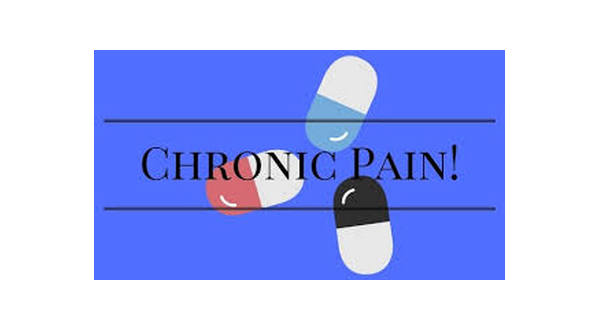
Confusion and misconception driven by new laws and a new way of looking at treatment are all contributing to what Dr. Ronald Tilley of Mountain Home describes as difficult times for some chronic pain patients and their physicians. Dr. Tilley is the pain management physician and medical director at Baxter Regional Medical Center’s Pain Clinic.
Tilley says there is a misconception the changes in treatment for chronic pain patients are hospital and physician driven.
Listen:
Tilley says access to pain management is being expanded, while access to opioids at both the state and national level is being restricted. He says the change is driven by studies indicating treating chronic pain with opioids is not as effective as what was thought about 10 years ago.
Listen:
Today, healthcare providers are treating chronic pain patients in two classes, those who have never been on opioids with a big push not to begin prescribing them medications, and those who have been on the drugs for over 10 years with the big question of what to do with them.
He says these patients are either dealing with acute or chronic pain. Tilley says patients with acute pain have sustained, for instance, a broken arm or a sprained ankle.
Listen:
Dr. Tilley says the other patients are dealing with chronic pain lasting longer than the normal tissue healing time of about three months.
Listen:
Tilley says for his patients dealing with chronic pain, he tells them they are looking at four basic treatment categories–healthier living and eating, including no smoking and proper weight control, ancillary alternatives such as physical therapy, chiropractors, massages, acupuncture and home exercise, interventions such as nerve blocks and injections and finally medications or surgery.
He says he tells his patients once they are down and off the high dose pain medications they have been on for years, they will feel about the same level of pain control. But overall, their feeling improves. Tilley says for those with chronic pain they will still hurt every day without the high dosage of medication. But when they get to a more standard of care level, they will be more alert, less dependent on the medication, more energetic and will sleep better.
WebReadyTM Powered by WireReady® NSI










